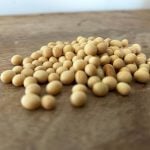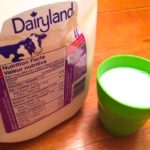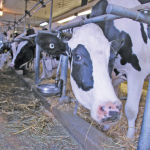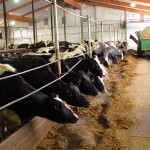Although they’ll have to cope with significantly increased imports if Canada ratifies the Trans-Pacific Partnership trade deal, Canadian egg, chicken and turkey farmers aren’t calling foul over the extra fowl. Instead they plan to encourage consumers to shop Canadian because the domestic products don’t cost much more, they come from smaller farms and they are













